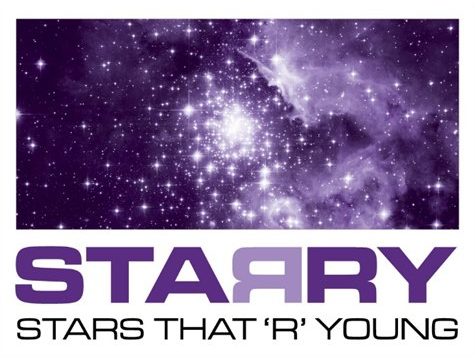What question do I frequently get asked when I meet someone new? It is: Where are you from? For me, this is a difficult question to answers! That is why my answer is always a question: Do you want to know where I come from or where I work?
You may ask yourself, it is a simple question, but for me it is not. I am a Venezuelan citizen who has lived in the UK, and now I am living in Spain; who knows where I will go next!
I have been studying (or working) in two different European cities, Leeds in the UK and Madrid in Spain, and not being an EU citizen has proved challenging at times. But I will not complain. So far, I have had a nice experience, legal challenges and a roller coaster of emotions, all that keep my days interesting.
STARRY has given me the opportunity to move between continents and countries, meet people from different places, helped me grow up more as a person, and created professional opportunities. Everything has not been perfect, but I have great support which has helped me through these days. I am grateful to be part of this project.
But well, to avoid difficult answers, I will say: I am a Citizen of the world, but I will never lose my essence (💛💙❤️).
